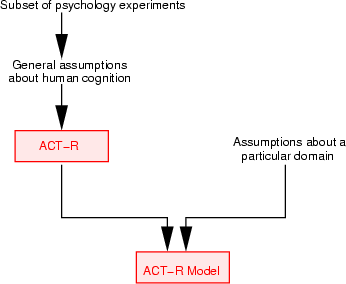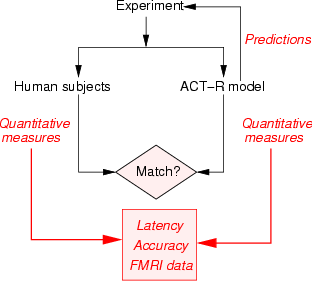I've been scanning through the web, looking for some ideas and theories about computational modules of human behavior and personality, but so far all I could find regards to procedural programs and cognitive modules (which are tending towards learning and decision making, and not personality modeling).
What I mean by computational frameworks for human behavior is not some Java implementation of categorization of a given person, which are limited to the model constraints and specific domains, but high-level object oriented abstraction of the whole human personality. As Chris Crawford describes the difference:
"A character is to a real human being as a story is to life, ... story is a simplification and a clarification of life. It has a beginning, a middle, and an end, where life just bounces along endlessly."
For example, a system called "The AntiBigData" takes some set of personality traits (which must adhere to predefined interfaces), and access the class package of "Humor", which associates to some repository of let say 100 MB of anecdotes, and sorts the repository by likeliness of the given personality traits.
Of course, this system would have infinite potential of complexity and domain, and maybe developed in an Agile fashion, but I am surprised I couldn't find information about academic formalization of relevant topics.

